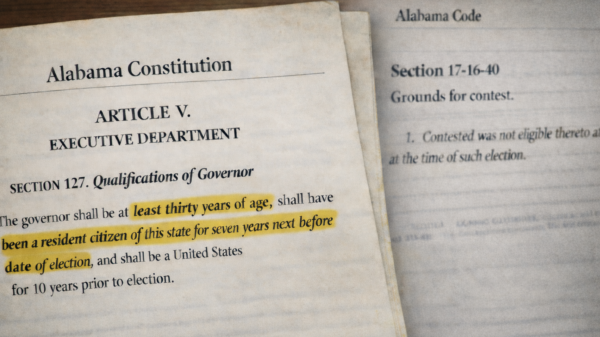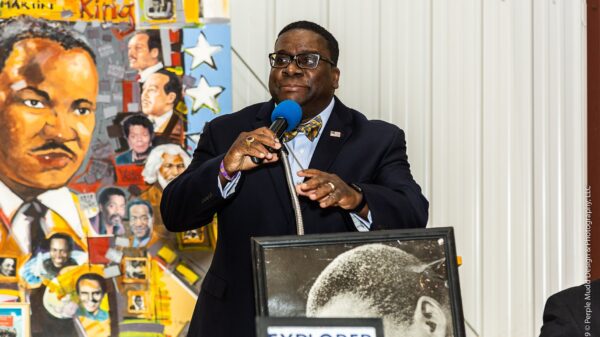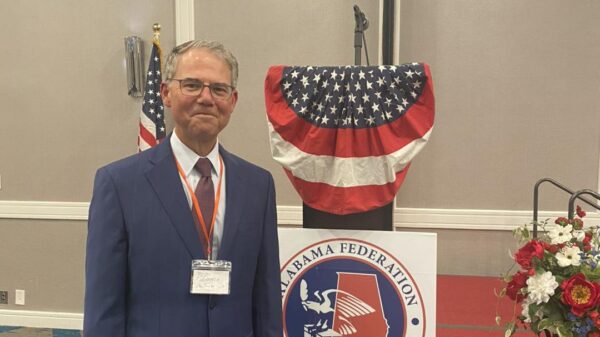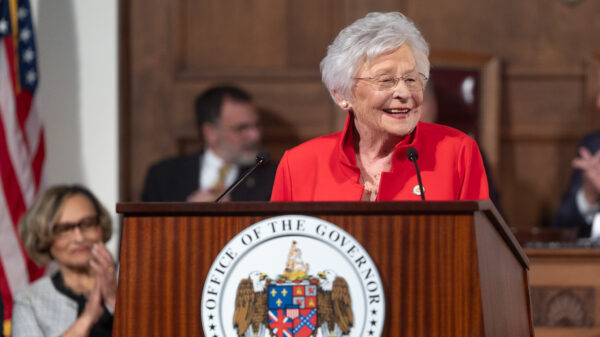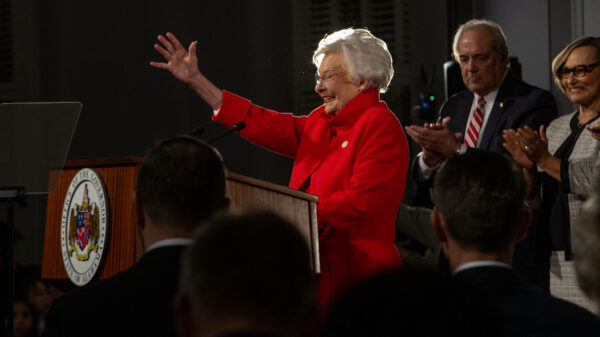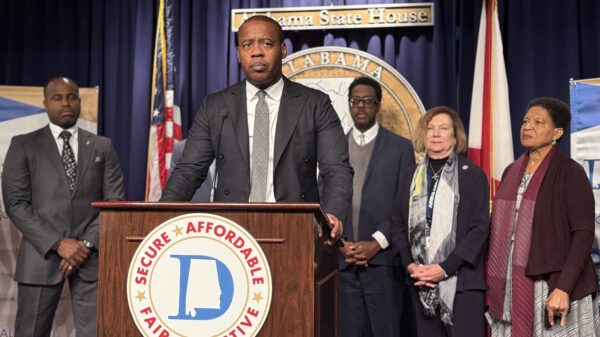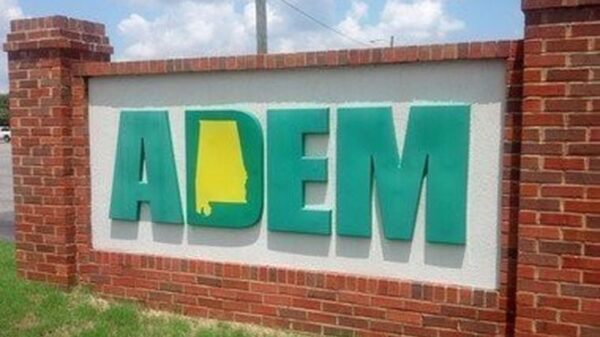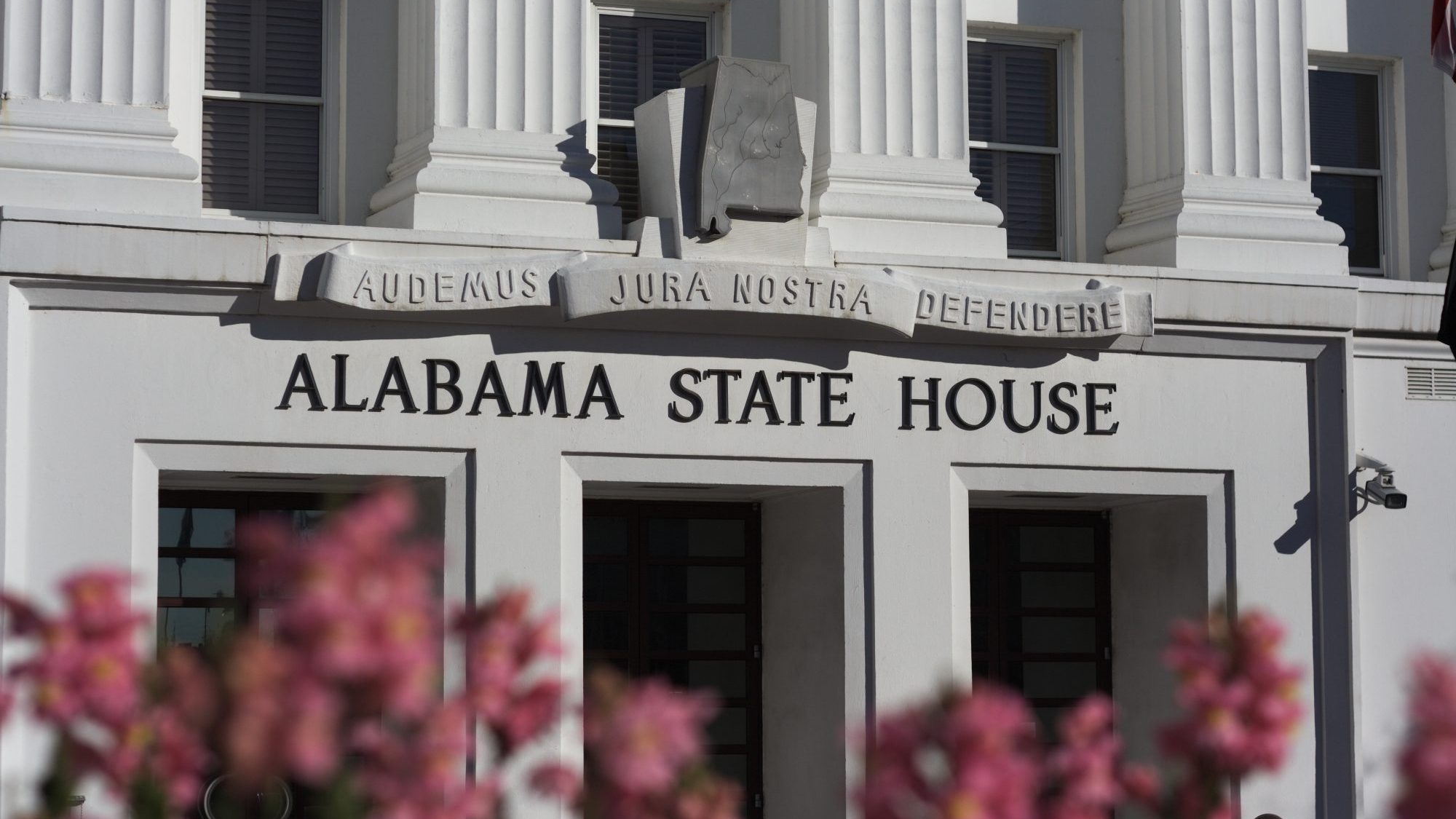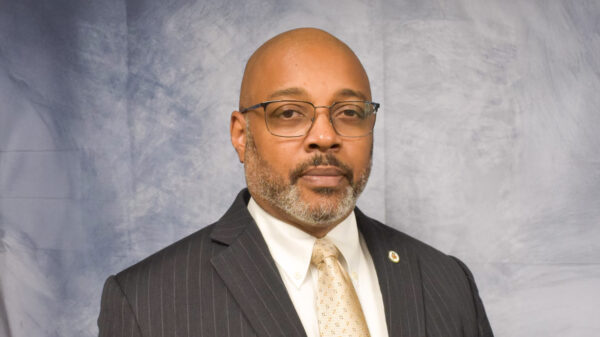By Brandon Moseley
Alabama Political Reporter
The 2018 Alabama Regular Legislative Session begins in just 11 days on Jan. 9, 2018, and this is an election year so formal major party qualifying begins on the same day. The elections mean that the session begins earlier than normal and will likely end even sooner so that incumbents can get back to their districts to campaign. There are a lot of issues facing the legislature, however.
The biggest concern is the overcrowded corrections system. Alabama has a lot of prisoners and an aging, poorly maintained a collection of prisons that were not designed to accommodate the numbers of prisoners we have locked up…..most of them violent. The state under siege by liberal groups that are demanding reforms. A federal judge has already ruled that the mental health care that we are providing our captive criminal population is woefully inadequate. It is likely that the court will find similar failings with Alabama’s prisoner health care and with prison staffing. Alabama Department of Corrections Commissioner Jeff Dunn and then Gov. Robert Bentley have carried a controversial plan to borrow a billions of dollars to build four new super prisons to replace 17 of the state’s old smaller prisons. That would have dropped the prisons to just 138 percent of capacity which would have satisfied the Justice Department, but that costly plan died in the Legislature. It is believed that new Gov. Kay Ivey will propose building new prisons but likely without requiring the legislature to pass a bond issue. Finding more money for prisons is clearly the biggest need that the state faces.
While prisons are likely the greatest need; the county commissions and business and industry want to find more money for the state’s roads and bridges. Roads are paid for with gas taxes; but unfortunately today’s automobiles are more fuel efficient than autos were 20 and 30 years ago. In both of the last two sessions the Legislature has rejected plans to borrow over a $billion in bonds for roadwork to be paid for by raising fuel taxes. The powerful Business Council of Alabama (BCA) has been pushing gas tax increase for both of the last two sessions and it is believed they are going to be pushing a similar plan this session.
Alabama Medicaid is a recurring problem for the state. The state avoided a fiscal disaster when former Gov. Bentley rejected Medicaid expansion. The state could never have come up with the money to have paid its portion of the Medicaid match; but it meant that a lot of poor Alabamians can’t get insurance coverage under Obamacare and the state’s hospitals get stuck with more patients that have no coverage of any kind. It appears that Congress will fund the Children’s Health Insurance Program; so that disaster has been avoided however the healthcare reform package the state had hoped would pass the Congress stalled in the Senate, so the flexibility and Medicaid block grants the state was hoping for did not come and are not likely to come this year. The problem with Medicaid is that the cost of the program keeps increasing faster than the revenues earmarked for the State’s General Fund (SGF) so Medicaid keeps eating a larger and larger portion of SGF.
The Alabama College and Career Ready Standards have not resulted in any noticeable improvement in the state’s education outcomes. Too many college-bound students arrive in college and have to take remedial classes and too many workforce bound students graduate without any workforce career path. Governor Bentley actually admitted to a gathering of economic developers that: “Our schools suck.” Economic recruiters are telling state officials that the schools’ inability to produce competent graduates in numbers is making it harder for them to lure new employers. Whether that is due to the standards themselves, implementation by the local school districts, not enough school choice, or a lack of willingness to work with the legislature by the state school board is widely debated. Senator Greg Albritton, R-Atmore, has introduced legislation to simply abolish the state school board and bring the schools into the cabinet. That and other proposals on how to improve Alabama’s chronically underperforming public schools will undoubtedly be considered by the Legislature going forward. The booming economy means that this should be another record year for the Education Trust Fund (ETF) budget.
Guns will be an issue. Last year the Senate passed constitutional carry to allow all Alabama citizens to carry firearms without the need of a concealed carry permit. That bill went to the Republican-controlled House where it was buried in a subcommittee so never got to the floor. Law enforcement is opposing this bill; but gun groups, led by the NRA are pushing for this to be passed during this election year.
Mental health is another chronically underfunded SGF program where the state does not have enough funds to provide minimal services. Mental health advocates will likely be asking the legislature for more funds, where those funds come from given Medicaid and prisons and the state’s archaic budgeting system is debatable.
Hunters will be back asking to hunt deer and hogs over bait. This has been introduced the last two years and never can quite get done. Rep. Jack Williams, R-Wilmer, has pre-filed this bill so it will be back before the Legislature in 2018.
Reforming the state’s juvenile justice system is another issue before the legislature. The juvenile justice task force found that the state is locking up too many juveniles for minor offenses. They get locked up with serious offenders and often emerge much more hardened. The task force believes that the state can save money and have better outcomes with more community corrections and mentoring programs and less incarceration. State Senator Cam Ward, R-Alabaster, and state Representative Jim Hill, R-Springville, chaired the committee and are expected to introduce legislation to implement the task force’s recommendations.
Monuments will be back before the Legislature. In 2017 the Alabama Legislature passed legislation giving the state the authority to forbid local governments from removing or altering memorials and monuments. At issue is primarily Confederate monuments. Some in the Black Community want to see Confederate monuments removed and schools named after Confederate heroes renamed. State Representative Juandalynn Givan, D-Birmingham, has introduced two bills to undo or limit the 2017 bill.
The DROP program may return. One of the first things that the Republicans did when they took over the legislature was to abolish the DROP program, which was costing the Retirement System of Alabama (RSA) money it did not have in the aftermath of the Great Recession. Now the economy has improved and recruiting and retaining qualified employees is becoming more difficult. State Senator Shay Shelnutt, R-Trussville, has introduced a bill to bring DROP back for tier I and II employees.
These are just some of the many issues facing the state Legislature in 2018.

